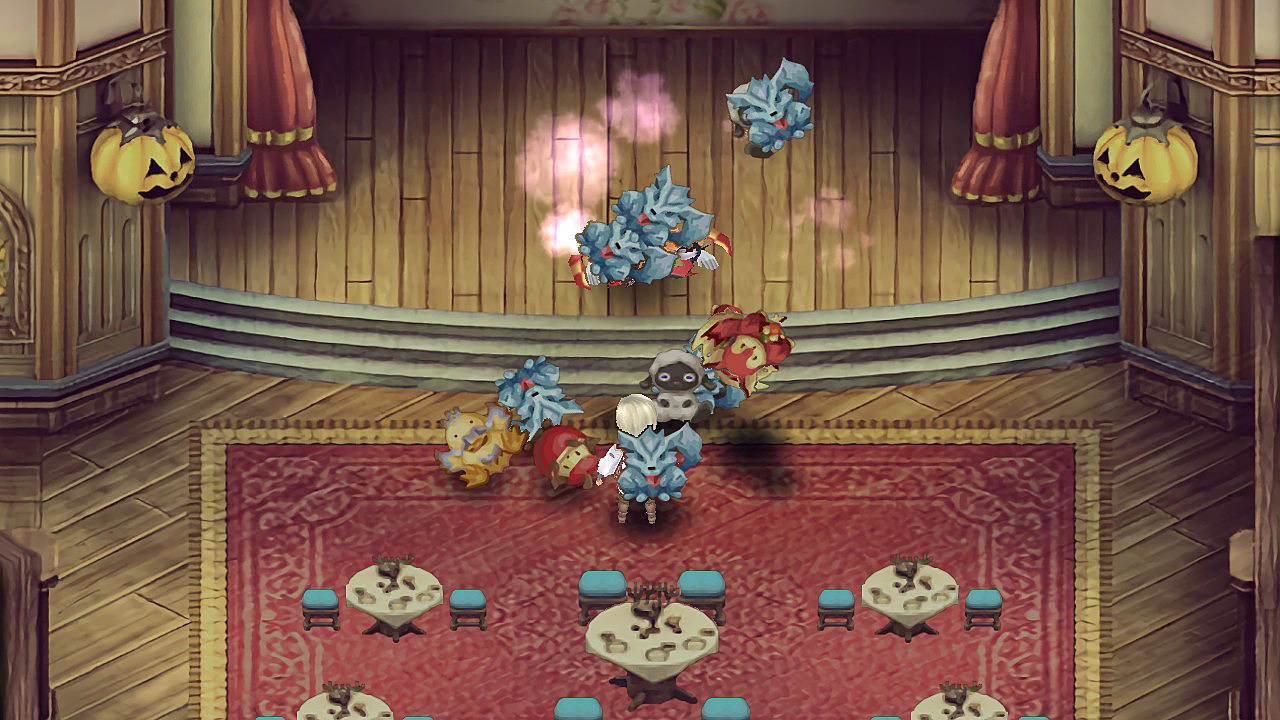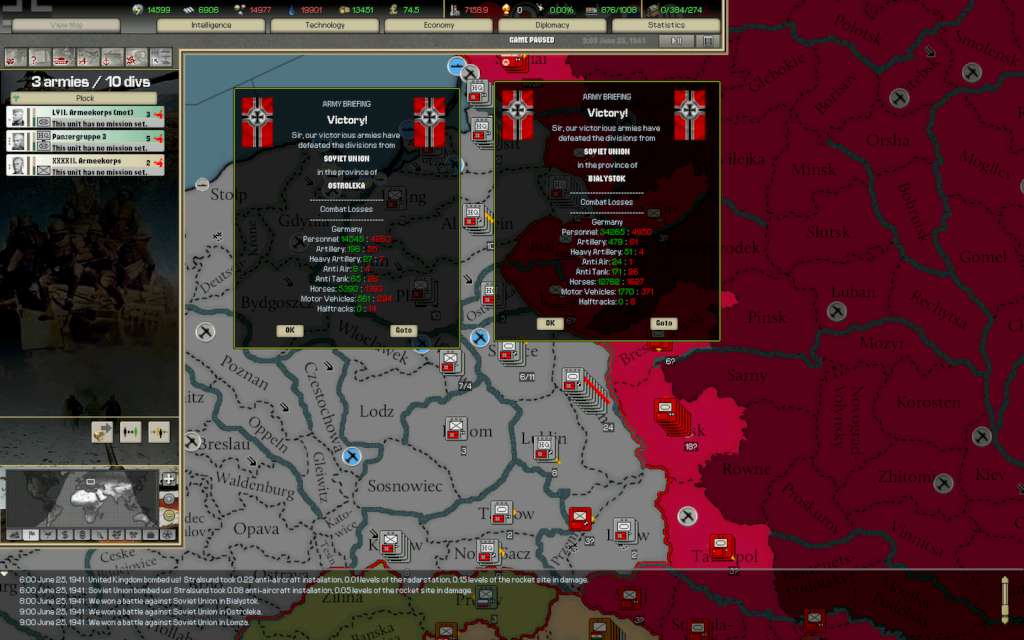

It also boosts Poland's naval capacity by building dockyards and giving it naval tech bonuses. Develop Polish Ship Building/ Clamp Down on Danzig Branch This allows either the subjugation of Danzig or transfer of industry to Gdynia. It also removes and delays the Peasant's Strike penalties. The Four Year Plan Branch The industrial branch gives Poland factories, research slots, railways and infrastructure. The Polish national focus tree can be divided into 10 branches and 9 sub-branches: If the DLC is not enabled, Poland will use the generic national focus tree instead. With the No Step Back DLC, this tree is expanded.
#Hearts of iron 4 dlc worht it free
Poland gets a unique national focus tree as part of a free DLC. However, the rise of the “Iron Curtain” and the West-East division of Europe negotiated between the allies and Comintern left Poland a Soviet satellite state, its true independence not to return until the fall of the USSR decades later.Įvents Main article: Polish events Polish soldiers played key roles in the war including the Battle of Britain, the Battle of Narvik, and the Battle of Monte Cassino. The Polish struggle continued on the Western Front with the Polish Fleet and Polish army brigades who evacuated through Romania to France and thence to England. Indeed, their resistance was one of the best organized in Europe, complete with schools and a postal service. The last divisions of the Polish Army capitulated after a month, on the 6th of October but the Polish Government never officially surrendered. After the war, a German officer remarked that had the allies pressed their offensive then, Germany could only have held out for a few weeks. For 8 months after, the “Phoney War” of minor skirmishes and almost unreal quiet held sway as the allies did nothing. Almost 100 French divisions invaded Germany, but were ordered to halt 1 km from the thin and undermanned Siegfried Line and withdraw to their original positions in the Maginot Line. However, no real pressure was brought against the Third Reich. Both the United Kingdom, the leader of the Allies, and France guaranteed Poland's independence, and did declare war on Germany. World War II is most often considered to have begun on 1 September 1939 with the invasion of Poland by the German Reich. After being the target of Hitler's political machinations, and becoming Poland's friend while weakening the country's independence and ties with France, the Molotov-Ribbentrop Pact between the Soviet Union and Germany paved the way for territorial demands and, soon, war. Due largely to limited economic resources, Poland was unable to keep pace with the intense armament efforts of its neighbors.


The Second Polish Republic (Pol: Druga Rzeczpospolita) was perhaps the sixth most powerful country in Europe in 1936, but was caught between two rising superpowers - Germany under the fanatical Nazis, and the Soviet Union, the epicenter of Communism.


 0 kommentar(er)
0 kommentar(er)
